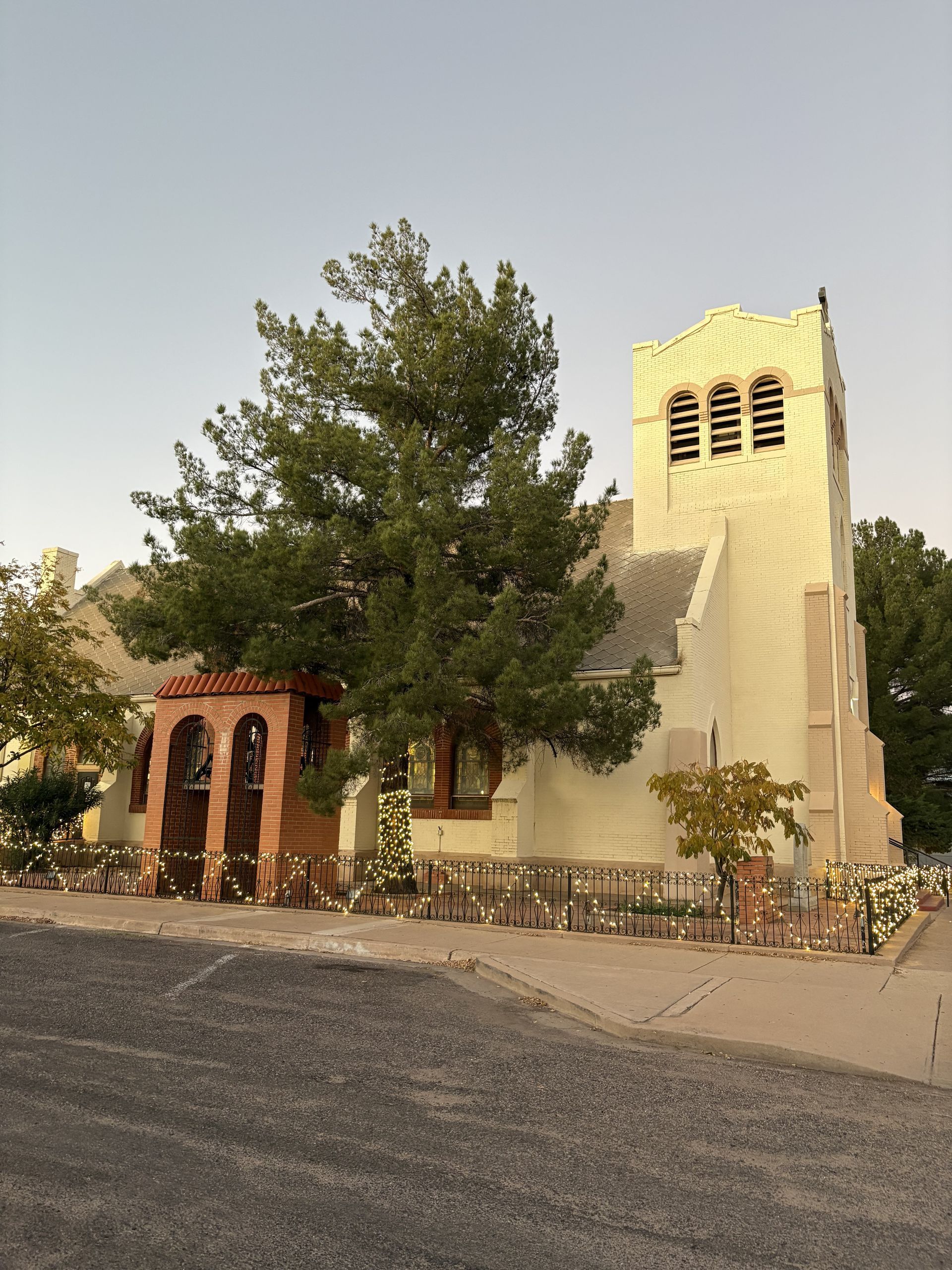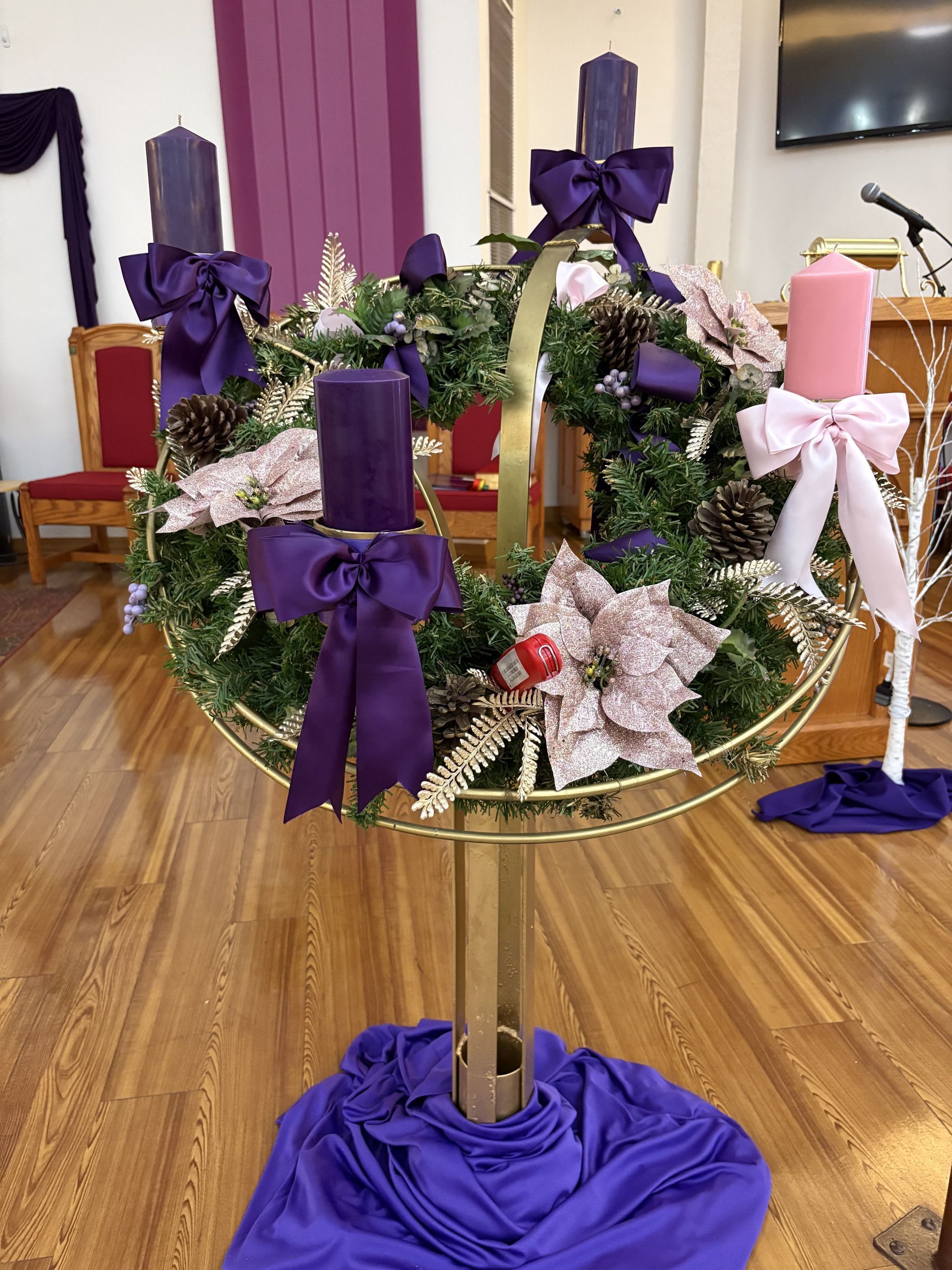On the First Sunday of Lent, as the spirit drove Jesus out into the dry and arid land where there was nothing except a space and time, so do we, his followers go. We join him in his forty- day solitary time, (number 40 as a time of testing, biblical and spiritual with lots of memories in salvation history) in the wilderness to be tempted by Satan (the accuser or evil adversary, someone who stands in opposition to God and his ways whose business is to lead the faithful astray and ruin the relationship between God and humankind) as a period of preparation for his mission and for us, to lengthen (German word for Lent) our relationship with God. Although Mark’s version of the temptation didn’t necessarily and elaborately mention the dialogue compared to and unlike in Matthew 4: 1-11 and Luke 4: 1-13, we know what it means to be put to the test and to be exposed to the cunning tricks of the devil especially when we feel we don’t have substantial immunity. What the devil does is test and probe the depths of our faithfulness and steadfastness towards God. For us living in the desert, we have been led to the wilderness countless times. We know what it feels to be in the middle of nowhere and in the outskirts. It is a lonely, desolate and dangerous place. Anyone who has lived in the desert long enough can tell you, it is a place that is tough to survive especially if your next door neighbor is a mile away. Desert is a place of hardships and adversities. And if you make it, you are tried and true, proven and tested, you can live anywhere. We entered the 40- day journey in a public celebration on Ash Wednesday for the first time in over two months of private and livestreamed worship services. The 40 days of Lent description as boot camp and spring training to prepare for a grueling and rigorous season sounds true.
Lent as a time of special closeness with God called solitude is also a moment of extreme danger and great temptation as we will be exposed or have been very well exposed all our lives to the pernicious workings of the devil. No one wants to be tested and probed, though. None of us goes to our demons and say, C’mon Man, test me and see how it goes. Worse, we don’t want to hear the bad news of testing positive. Wilderness is an undesirable place to live but it is also where you find renewal and divine help. Many, if not all, of the retreat centers are in remote and rural areas, that is, off the beaten path. During lent, we are sort of, participating in a clinical trial in relation to our faithfulness and devotion towards God. We hope no serious adverse effects occur. Under divine guidance, once you decide to break your routine and seriously make prayer, fasting and almsgiving a habit that is, the new daily drill which eventually will be your second nature, the devil will be very worried about you and you will be his prime target. God comes first. Daily readings are a priority as it is the good news for the day. Other news can wait. If you take time to examine yourself, your life and relentlessly search God in your experience and in the well of the church’s tradition, he will interfere in your personal life and stop you.
In the forty days of lent, we will encounter wild animals, experience vulnerability and face terrible temptation through the glamorous seductions of the devil. Drive in the middle of nowhere, go hunting in unfamiliar terrain and you will see first- hand extreme danger and fear among wild beasts. And yet, no worries, we got you covered. The angels (spiritual creatures subordinate to Jesus) ministered and served him by taking care of his needs (food and water, etc). In an unexpected scenario, the wild beasts have even been tamed which made him safe amidst these terrifying animals, hostile creatures. Behind wheels, you can lower your window to get a breath of fresh air, turn your car stereo's volume at max level and sing on top of your voice but you can also do the exact opposite, that is, lower the window, turn off that loud and obnoxious music and talk to God about anything, meditate and pray. Let me know what happens after.
Let us take a closer look at the first reading from the book of Genesis 9: 8-15. After the terrible destruction caused by the flood which turned creation into primeval chaos, God established a covenant (a solemn agreement) with Noah and all the living creatures. He promised never to destroy the earth again. The covenant meant that Noah and all the inhabitants had a special place in God’s heart and that he would protect them from harm. The sign of the agreement was a rainbow (object of beauty, dependability and grace of God), a symbol of peace, not war and violence. Every time it appears in the clouds, God will remember his promise. We still live our normal lives. We work, go to school, enjoy weekends, run errands but because of the covenant, God is with us and will never leave us behind. We have a much deeper understanding of life’s purpose and meaning than those who don’t. After the trials and troubles of this life, I suppose not very many of us look forward to it as we don’t want to miss the party, we will be rewarded in the next life. We will feel God’s embrace as never before. As the Psalmist says, “Your ways, O Lord, are love and truth to those who keep your covenant (Psalm 25).” Amen.



